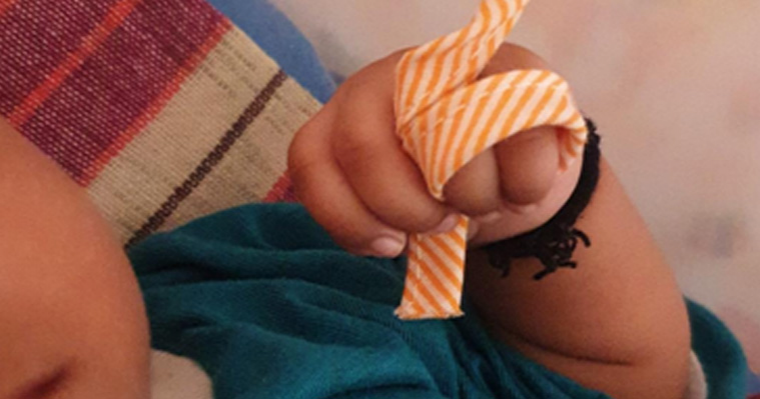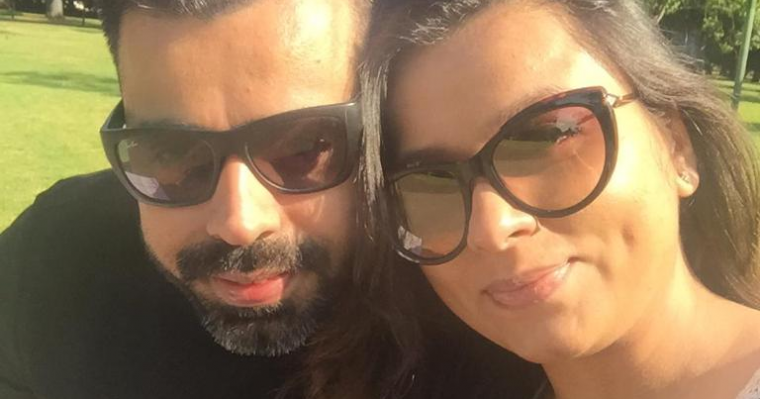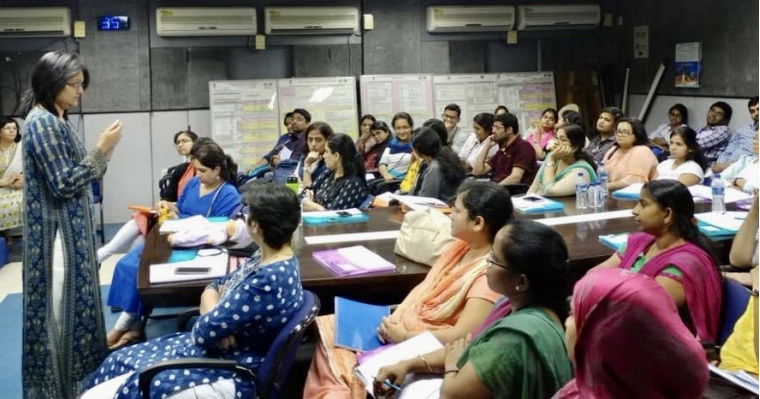Ever since human beings started living together in communities, women have always received lactation support. For centuries, the only means to feed and nurture babies was breast milk. Babies have always been born with the mammalian instinct to nurse in order to survive, and humans showed other humans how to breastfeed.
The Industrial Revolution and arrival of breast milk substitutes prompted a decline in breastfeeding rates, and, unfortunately, a decline in the ability of family members, neighbours and friends to help new parents overcome any breastfeeding problems successfully. The need for help and support was always there; but now, the need for skilled lactation care was perhaps higher than ever before. Premature and low birth weight babies began to survive, and research on breast milk proved its value for the survival, growth, and good health of all infants. Families needed more than parent-to-parent advice and support for their breastfeeding problems.
Parents turned to their healthcare providers for solutions. However, since most healthcare providers had not received any specific or detailed training in breastfeeding and lactation, there was a gap in care. Volunteer organizations offering breastfeeding support emerged, and eventually, as more research in the field of lactation expanded knowledge, it became a specialized science with providers in skilled clinical lactation care.
Today, there are many kinds of lactation and breastfeeding support available, volunteer and paid supporters who are eager to help new families. There are also health care providers (nurses, doctors) who have made an effort to learn more about lactation, over and above their formal education. Do all families require specialized clinical lactation care? Of course not. In most cases, someone trained in basic lactation physiology, management, and counselling may be all that a family needs. But no mother should have to suffer through breastfeeding trouble for lack of the right support.
The responsibility of deciding who is the right lactation care provider for their needs often falls on new parents. A pediatrician, OB, midwife or doula, or childbirth educator may not have the special training or expertise to guide parents through breastfeeding problems. They may know the course of normal breastfeeding quite well, but difficult times call for special measures which only an expert may be able to provide.
Today, many international lactation and breastfeeding support certifications are accessible to Indian professionals. Hence, it is confusing to judge the expertise and experience based on few letters behind a person’s name. So, the questions that you could ask before choosing your lactation and breastfeeding support person are:
- What is their qualification and certifying body?
- Which are the areas and places where they have worked?
- Do they have experience in dealing with cases like yours?
- Can they provide referrals from parents/patients who have been to them?
Here is a quick reckoner of the variety of lactation and breastfeeding help available in India today and the scope of practice of each.
Professional certification
International Board Certified Lactation Consultants (IBCLC)
This is the apex credential for lactation professionals, and the only credential that officially certifies the title Lactation Consultant. It is the only form of breastfeeding support legitimized by the US Surgeon General.
Lactation consultants with this certification are health care providers who perform comprehensive consults to diagnose and address breastfeeding problems experienced by both mother and child. They provide care in a variety of settings – hospitals, clinics, private practice, home consults — while making appropriate referrals to other health professionals and community support resources. Some IBCLC professionals specialize in a given field of their interest, such as tongue tie, induced lactation, nursing adopted babies, relactation, breastfeeding babies with genetic anomalies and physical limitations, and more. In India there are doctors, nurses, paramedical professionals and experienced mother support counselors who have acquired the qualification of IBCLC following stringent examination by Board examiners.
Memberships with professional organisations, such as the International Lactation Consultant Association (ILCA) and Academy of Breastfeeding Medicine (ABM), attending conferences, and teaching at seminars denotes constant upgradation of knowledge and a commitment to patient wellbeing.
Certificate programs
Certificate programs enable carers to answer common questions about breastfeeding and offer solutions and guidance to normal hiccups. They should also be able to recognize breastfeeding problems are beyond their ability to address and refer families to professionals with more expertise. For some, these courses are a precurser to IBCLC certification. The following two certified professionals are commonly accessible in India, most of them in the metros.
Mother Support Counsellor (IYCN) certificate from the Breastfeeding Promotion Network of India (BPNI)
These counsellors have completed a basic training and completed a written exam in Infant and Young Child Nutrition (IYCN) via a module offered through UNICEF and BPNI. They work in hospital, community, and home visit settings. They have attended multiple antenatal and postnatal sessions with senior lactation professionals and have undergone hands-on training to hone their clinical skills.
Certified Lactation Educator (CLE) certificate from the Childbirth and Postpartum Professionals Association (CAPPA)
CAPPA-certified lactation educators have completed a 20-hour breastfeeding training course, have spent four hours observing an IBCLC Lactation Consultant, and have passed a final online examination, among other requirements. CLEs educate, counsel, and support families and the community by providing evidence-based information about breastfeeding. They can be found working as educators in antenatal classes, in hospitals and community centers.
Online certificate courses
In the last decade, many organisations have begun offering certificate programs involving just a week of didactic instruction or even less. This may not provide the depth of training required to deal with complex breastfeeding problems, but can provide enough information for basic breastfeeding tips and guidance. Some of these certifications include:
- Certified Lactation Counselor (CLC)
- Certified Lactation Specialist (CLS)
- Breastfeeding Counselor (CBC)
- Lactation Educator Counselor (LEC)
Mother-to-Mother Support
This is exactly what it sounds like – mothers experienced in breastfeeding providing new-to-breastfeeding mothers with tips, best practices and general support in an atmosphere of peers.
La Leche League Leader (LLLL)
The La Leche League is an international nonprofit advocacy network of local mother-to-mother breastfeeding support chapters. Each chapter is led by a La Leche League Leader, who has breastfed her baby for at least 9 months and can offer personal anecdotes and practical information and encouragement through monthly meetings, phone or email. There are active La Leche League chapters in India today.
Informal breastfeeding support
Today, there are many breastfeeding support groups on Whatsapp, Facebook, Instagram, and other social media. These are usually started by experienced mothers (sometimes by lactation professionals), and may be good for sharing experiences, discussing common breastfeeding difficulties, and encouraging new-to-breastfeeding mothers. Often, the information shared within these groups is not evidence-based and needs to be questioned. So, when simple tips and advice do not solve a problem, it is best to consult with a qualified expert.




















